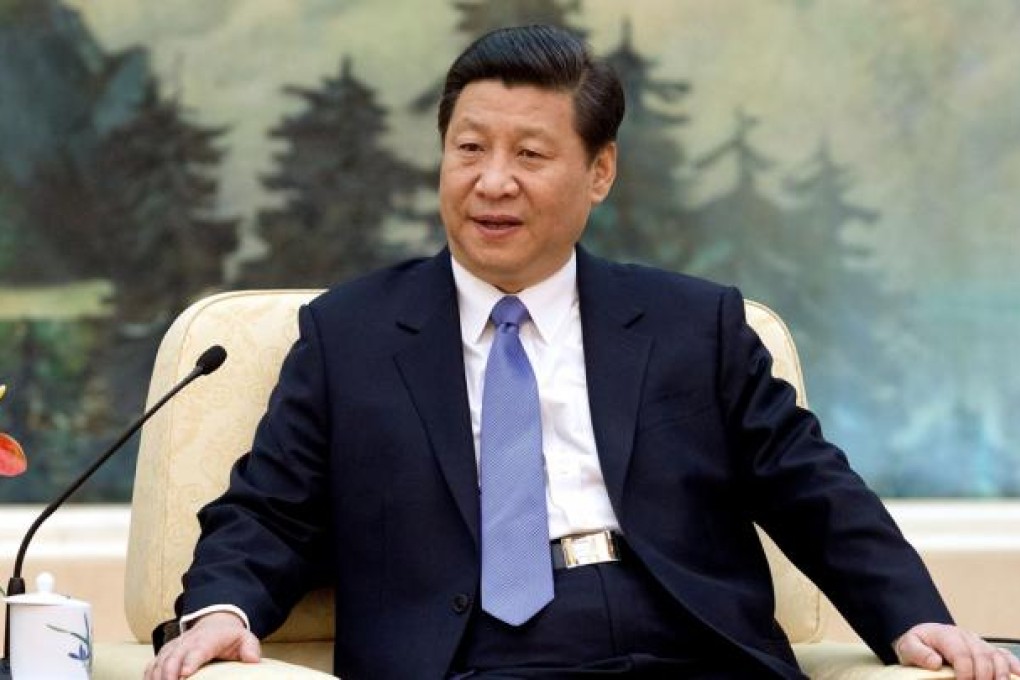For new world order, look to Chinese leader's first port of call
Hooman Peimani considers the significance of the Chinese leader's visit to Russia next month

A changing of the guard has recently taken place in three major economies of the Asia-Pacific region - Japan, South Korea and China. But it is perhaps the leadership change in China that will have most impact, and we should look to the plans for Xi Jinping's first foreign trip - to Russia next month, on his way to the BRICS summit in South Africa - to see its effect on the multipolar international system.
Beijing and Moscow have co-operative, tension-free and growing bilateral relations, as reflected in their 2011 trade of US$83.5 billion, while military co-operation has turned Russia into the single major supplier of advanced weaponry necessary for modernising the Chinese armed forces.
Against this background, Xi's visit is not surprising. However, it will have special significance given the current stressful relations between China and the US over various economic, political and military issues.
One major factor that has led to deteriorating relations is China's concerns over the US presence in the Asia-Pacific region, particularly in the South China Sea. Beijing is wary of growing US involvement in its disputes with Southeast Asian nations, including Vietnam and the Philippines, over the ownership of the Spratly and Paracel Islands and the Scarborough Shoal and their territorial waters. The disputed lands and waters are believed to hold reserves of around 11 billion barrels of oil and 5.38 trillion cubic metres of gas, according to some estimates.
China's ownership disputes in the South China Sea have been mirrored in the East China Sea, where it has territorial disputes with another US ally, Japan. And there is no sign of an early end to Sino-US tension, given China's growing economic might as an emerging superpower.
In such a situation, China needs implicit and explicit alignments and alliances with large regional powers that share its grievances, in order to ease US/Western pressure and consolidate the multipolar international system where its interests can be secured. Thus, closer ties is a necessity with Russia, a power seeking to regain its pre-1991 superpower status and now acting as an energy superpower, thanks to its large oil, gas and coal reserves.